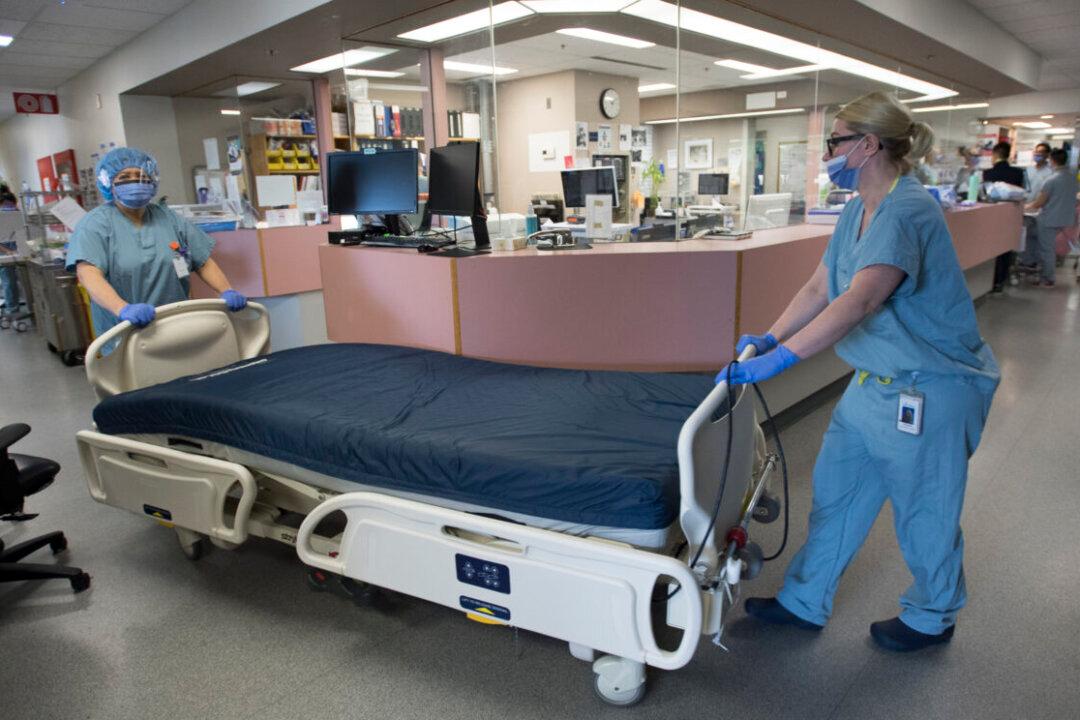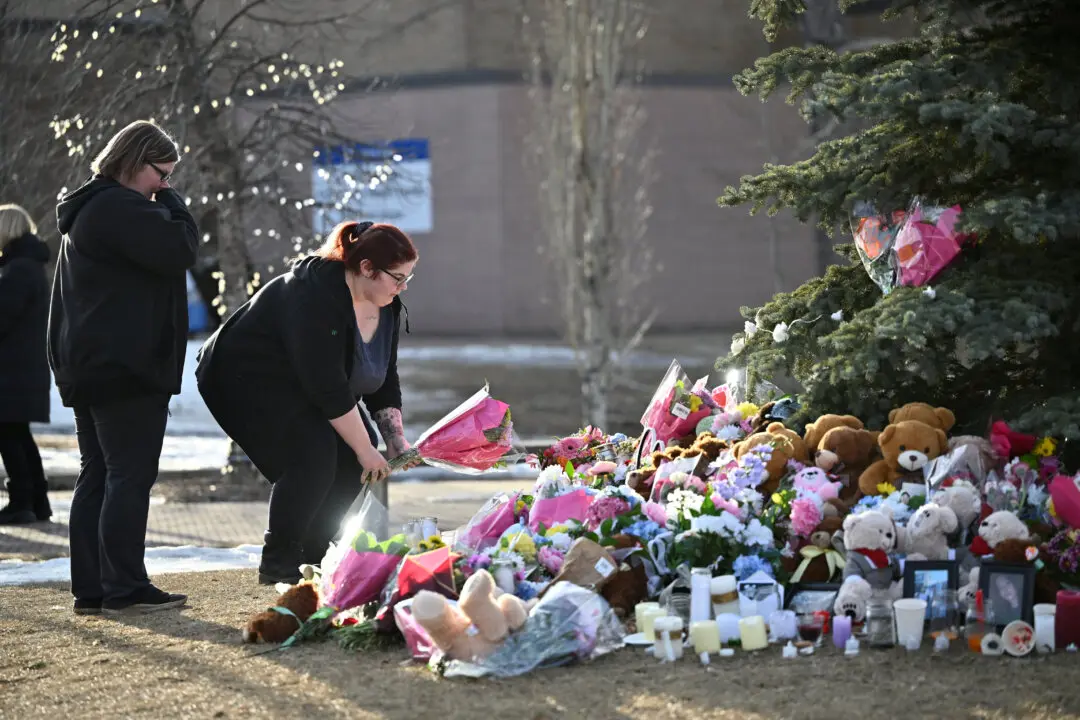More and more people are dying while on wait lists for medical treatments in Ontario, but the province’s latest health data shows that the situation took a turn for the worse during the COVID-19 pandemic, a think tank says.
Released on Aug. 15, an analysis conducted by SecondStreet.org says that the Ontario Health Data shows a spike in the number of patients that died while awaiting surgery, CT scans, and MRI scans in 2021-22.





